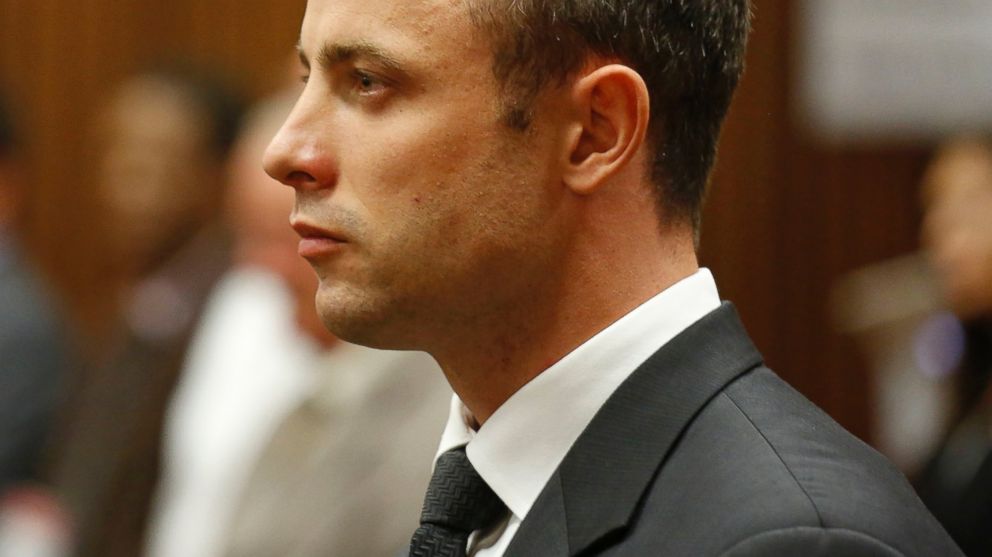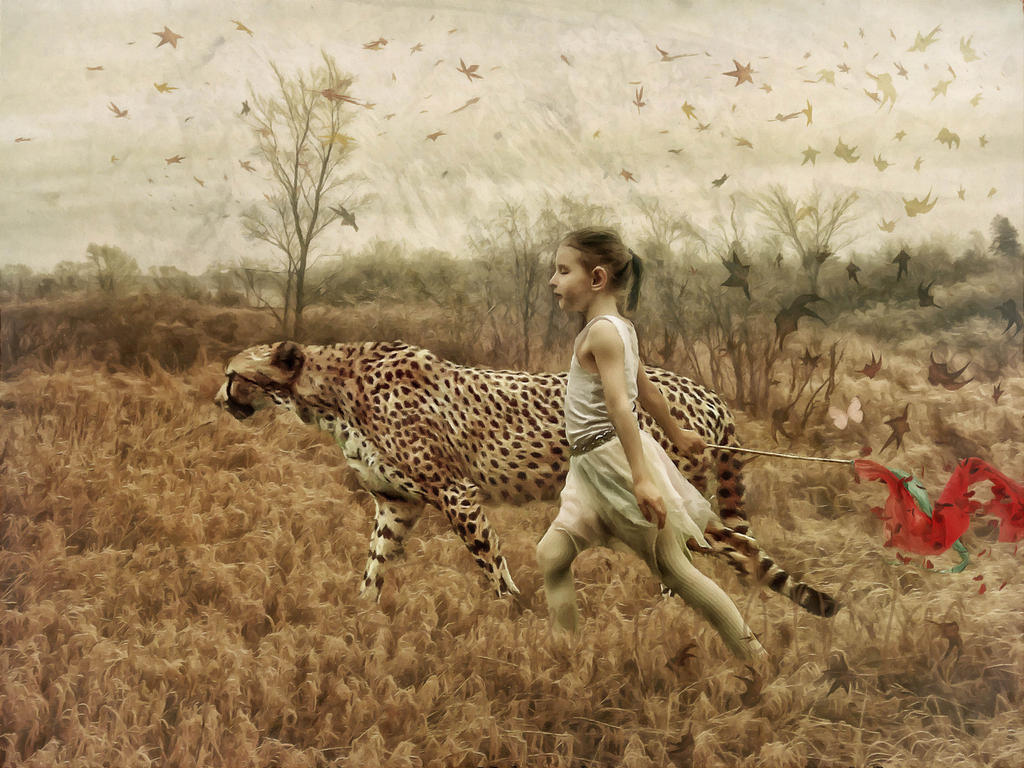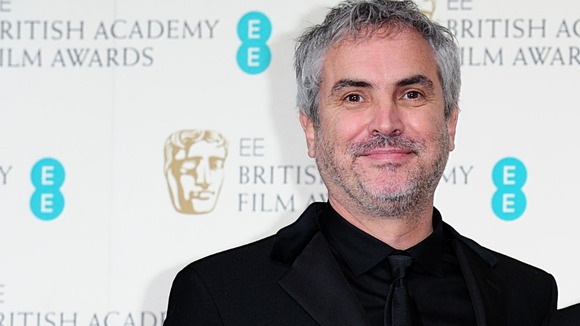Words come at us all the time, in texts, emails, conversations overheard, facebook updates, news feeds and more. Needing a boost for my flagging creativity, I recently decided to write a poem for every day of the working week, piecing together snatches of these words, patchwork fashion. I edit art and craft books, and the instructional text I deal with can be banal, or strangely evocative, so I scribbled down bits of this too, along with some of the bizarre things that get called across my office.
My five poems were informed by books I was editing on sewing
and Manga, daily reflections from the vicar, a poorly spelled review, a visit
from 7-year-old twins, online articles, a church notice about a food bank, a
Tony Benn quote on the day he died, a text from my son about a minister
visiting his school, and in spring-like weather, people calling from windows or
talking on doorsteps. They were also haunted by the missing Malaysian Airlines
plane, and the trial of Oscar Pistorius.
 |
| Thanks to abcnews.go.com |
 |
| Thanks to businessweek.com |
Whether you usually write poetry or not, I urge you to have a go at this. Scribble down the words as they strike you, and then look at them at the end of the day and begin to put the various lines together. Some of the juxtapositions will be funny, others poignant. You can of course add personal reflections from your day. I guarantee the results will be fresh and vibrant, and will surprise you.
Working Week
Monday
Slim young
men in misty sunlight talk:
She actually stood up for me, which I was quite pleased about.
I burst into harsh neon, lost schedules, failing machines;
Add downward-pointing thrusters on the backs of the thighs.
May is new
today, but copes impressively while I sift through ozalids.
Already on my mind, I’ve got a big dilemma with Martin;
They went blah, blah, blah, and then they went off on a tangent;
Exploding at speed across an alien planet.
What do you
think of this comment, and how should I reply?
Is there a way for us to not let our hearts be troubled?
Edge the smoke with greys.
On top of all that, they’re only offering half a page.
The unattended
bath will flood the room, the unfilled car will stop.
Lord, we don’t know where you’re going, so how can we know the way?
They think they’ve found a life raft.
We are every hour, every second, looking at every area of the sea.
The families of the passengers have been told to prepare for the worst.
However, their aren’t any of the process of making them.
I think it would of added something to the patterns.
Love you and so glad you are feeling better.
Grab a pen
and write a thank you note to someone.
This size is more efficient; we get better printer prices.
I think it might be paternity leave. It’s such a precious time.
The dummies are on the way.
Thanks to
ever-increasing work pressures,
Workday lunches are when good intentions nose-dive.
I don’t know, I think the cupcakes had more impact.
By shutting the door, we could chat more freely and noisily.
I step out
into grey, cold wind and make my way homewards
See a devil-faced dog, white with pink eyes,
And remember ancient shame, stuck up a tree
In a childhood garden, under barked attack, the only one afraid.
Tuesday
Two hundred
people and an aeroplane
Swallowed up in mystery
And none can fathom where or why;
If the sea knows, it won’t give up the secret.
I must try
to disentangle the workings of my office.
That’s not the usual procedure we go through.
There was no distress signal or radio contact
indicating a problem.
It’s very
bizarre; I’ve had all these emails.
We are studying the behaviour of the passengers.
Mary is screaming for something now.
Maybe she was rushing and panicking?
Thread is an
absolute must for any stitcher.
Not just a head, but a head with a body; perhaps arms.
The marabou has a fluffy mind of its own;
Blow on it while stitching to reduce entanglement.
On the
homeward path, a small child passes
Chatting with his Dad. I am tugged, winded, snatched at
By the instinct to nurture, outdated and irrelevant
But still so fierce.
Wednesday
It’s not
depression; he isn’t depressed.
He has been with us seven years, which is six years longer
than any of his relationships have lasted.
A passer-by thought this was dog was a pile of trash.
It ended
about three weeks later.
Last words from the cockpit were, ‘Alright, goodnight.’
Finally, attach the firecrackers along
the entire length of the ribbon.
The last
communication suggests everything was normal
minutes before it went missing.
Sometimes you feel she could turn on you at any time.
I waited for a second to see if they had guns.
It’s a
different question from ‘where have all your dummies gone?’
We feel that the word ‘character’ is really important.
Could you tell her that I’ve left for the day and to call tomorrow?
I’m getting close to being unpleasant.
It wasn’t Mummy’s fault they broke up;
it was hers
She used to sneak down in the night and eat all our food.
Divorced, beheaded, died, divorced, beheaded, survived.
Beheaded means your head comes off. What’s ‘divorced’?
Thursday
There are
forty-three ships and forty aircraft
searching the South China Sea.
With right sides together, pin then sew around the heart.
The mist of mystery is dissolved by the words of the Son.
There is a
shape somewhere in the sea
that might be a plane.
If you prefer a fuller heart,
Make your template with a five-inch depth.
Zilch reply
from anybody!
We’re all away that week. We’re out buying yarn.
Watch while angels on a plane
Bring a baby back to life.
There were trophies and medals in the house,
And a jacuzzi, but no blood.
I could not find the words to vocalise my state of mind.
I was stopped by the incredible kindness of a stranger.
I was taught everything at school
Except how to look after my wellbeing.
Part-baked bread and unisex deodorant.
What a shame your experience was ruined.
These items
can be delivered to the Christ Church office.
Money, sex and power. Carl Beech
Will talk about these battleground areas.
No teabags, beans or soup at the moment, thank you.
It’s ok not
to be popular or funny.
They would have no cars and no clothes
So might find public transport draughty;
Otherwise a good start at cultivating a grateful heart.
Gove turned
up late to the whole set-up
and talked to one fit Year Twelve, before buggering off.
Where is your God? I don’t see your God here.
These were the words of the judge appointed to the trial.
The air has
a chill whiff of spring and rings with voices.
I said to her, have some dinner first before going round there
I ain’t going round and starving all evening.
I didn’t know nothing about it
I’ve never run out of gas or electricity,
And now she thinks I’ve got the hump with her.
Hello darling,
it’s mummy.
Can you make me a cup of tea please?
I’m nearly home.
Friday
I don’t
think I’ve ever seen such a boring book in my life.
She started off really, really enthusiastic
And then she started getting shirty.
It’s going to take every ounce of my talent.
An
additional search may be opened in the Indian Ocean.
I leaned back and inhaled, and it went down the wrong pipe.
The worst case scenario would be
Halfway between Madagascar and Australia.
I have told
you now before it happens,
So that when it happens, you will believe.
The poor, the addicted, the sinful.
I did my critique, and she got really curt with me.
Why shouldn’t your jam jars be well-dressed too?
I have told you these things so that you may have peace.
This cap will make your homemade jam feel special.
The boring, the stupid and the weak.
People we
laugh about, or even at –
People we try to avoid.
One half know better and the other half don’t listen.
Pomposity has rocketed since you joined.
Mussolini’s
headquarters was a supervillain lair
Perfectly presented for the picnic table.
When the balloon goes up on Monday,
I’m not getting involved.
I’m not getting through here, am I?
Is everyone listening now?
The court saw graphic images of the crime scene
Including a toilet streaked with blood.
To whom are
you accountable, and how can we get rid of you?
Because he’s a celebrity, they may remove things from his home.
May the peace of the Lord, a peace the world cannot give
Fill our hearts and minds.




























